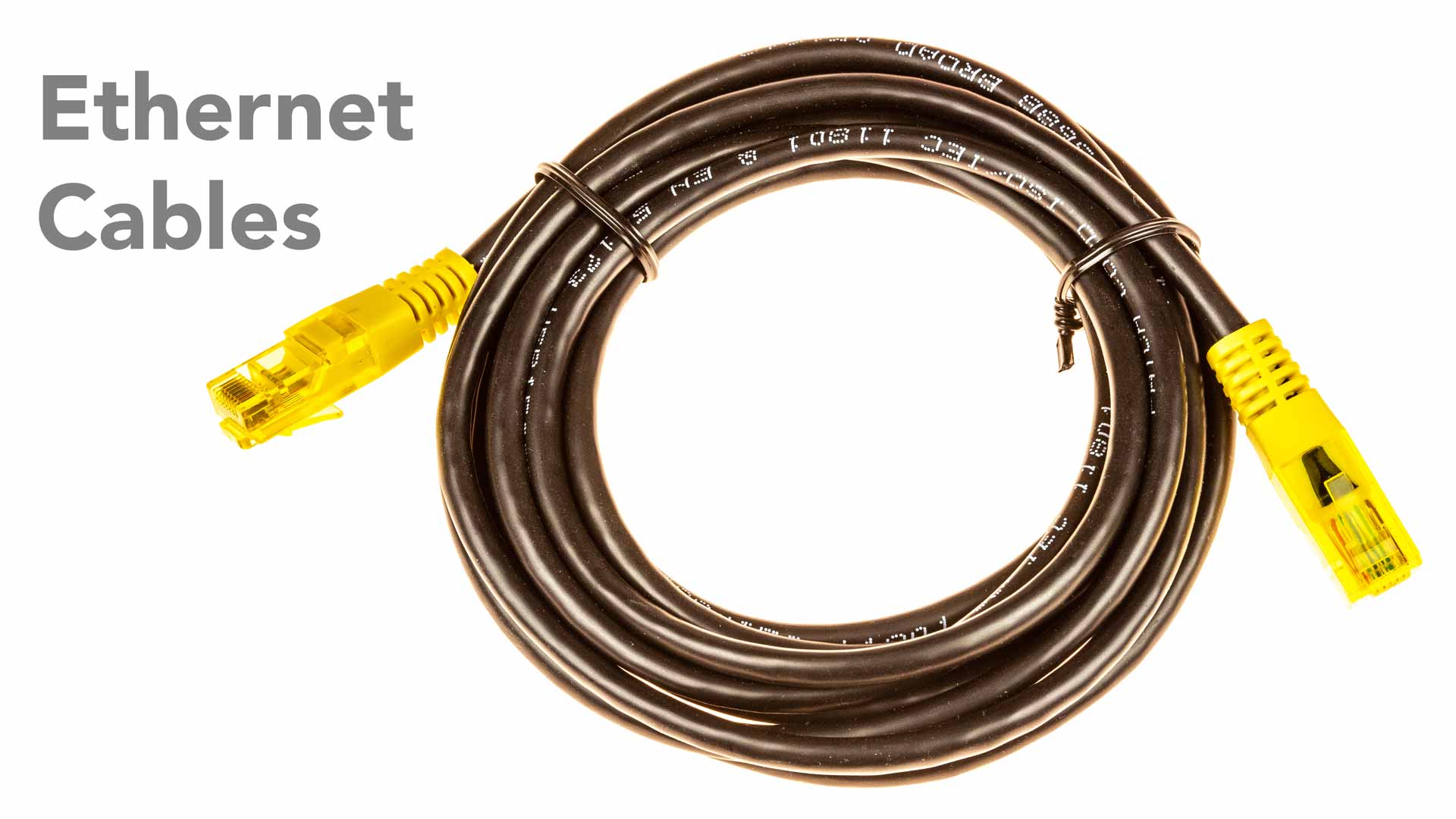Rj45 ethernet cable connectors for cat5 wiring pinout and other modular information lammert bies types cat 5 5e 6 6a 7 8 electronics notes t568a t568b standards comms infozone differences between codes vs at t 258a fluke networks how to create an 11 steps with pictures color code standard of 568b 568a fiber optic social network reference free knowledge base the duck project everyone complete guide home lazyadmin get your wired easy dong knows tech what is interface are rj4 jacks fs community ultimate cui devices solved type a b networking cat5e schemes book category page di andrea leotardi understanding practical net coding networkbyte straight through cables crossover rollover learn distinguish diagram satoms deciphering cat6 etechnog whitepaper definitive patch cords in systems products overview cat7 cat8 rj 45 or 8p8c finding true arrow com dmx pin number 1 orange white 2 showmecables s difference esticom connector basics sparkfun thetechmentor key twisted pair manualzz profinet requirements specifications pi north america power over poe m12 motion designs male female beginners

Rj45 Ethernet Cable Connectors For Cat5

Rj45 Wiring Pinout And Other Modular Cable Information Lammert Bies

Ethernet Cable Types Pinout Cat 5 5e 6 6a 7 8 Electronics Notes

T568a And T568b Wiring Standards Comms Infozone

Differences Between Wiring Codes T568a Vs T568b At T 258a Fluke Networks

How To Create An Ethernet Cable 11 Steps With Pictures

Color Code Standard Of Ethernet Cable T 568b And 568a Fiber Optic Social Network

Ethernet Rj45 Wiring Reference Free Knowledge Base The Duck Project Information For Everyone

The Complete Guide To Home Ethernet Wiring Lazyadmin

Get Your Home Network Wired 5 Easy Steps Dong Knows Tech

What Is Rj45 Interface Are Rj4 Jacks For Fs Community
The Ultimate Guide To Rj45 Connectors Cui Devices

Solved Rj45 Type A B Networking

Cat5e Cable Wiring Schemes And The 568a 568b Standards Ethernet Book

Category 5 Cable Home Page Di Andrea Leotardi

Solved Rj45 Type A B Networking

Understanding Ethernet Wiring Practical Networking Net

Ethernet Cable Color Coding Networkbyte

Straight Through Cables Vs Crossover Rollover Learn The Differences
Rj45 ethernet cable connectors for cat5 wiring pinout and other modular information lammert bies types cat 5 5e 6 6a 7 8 electronics notes t568a t568b standards comms infozone differences between codes vs at t 258a fluke networks how to create an 11 steps with pictures color code standard of 568b 568a fiber optic social network reference free knowledge base the duck project everyone complete guide home lazyadmin get your wired easy dong knows tech what is interface are rj4 jacks fs community ultimate cui devices solved type a b networking cat5e schemes book category page di andrea leotardi understanding practical net coding networkbyte straight through cables crossover rollover learn distinguish diagram satoms deciphering cat6 etechnog whitepaper definitive patch cords in systems products overview cat7 cat8 rj 45 or 8p8c finding true arrow com dmx pin number 1 orange white 2 showmecables s difference esticom connector basics sparkfun thetechmentor key twisted pair manualzz profinet requirements specifications pi north america power over poe m12 motion designs male female beginners
